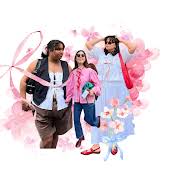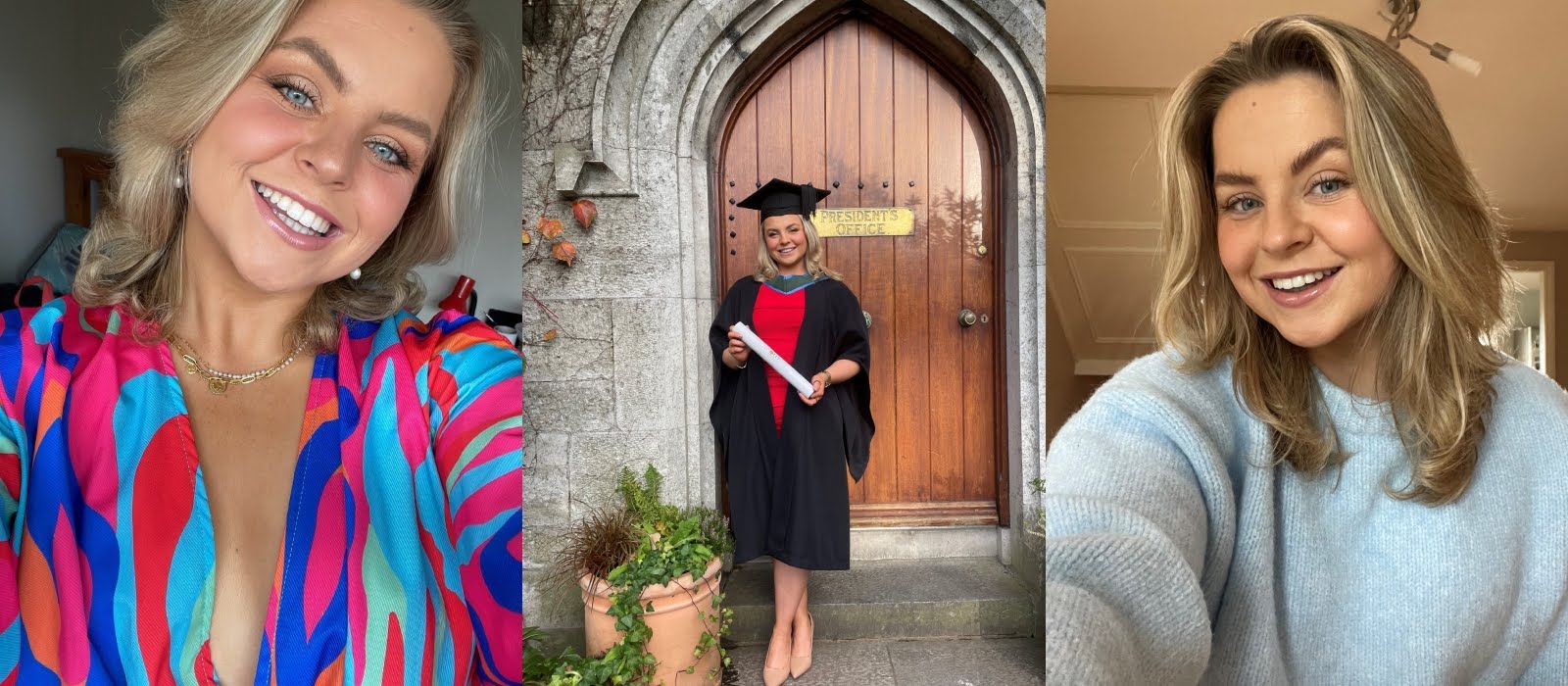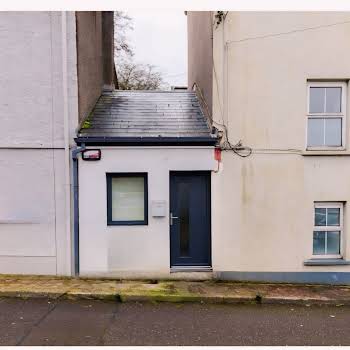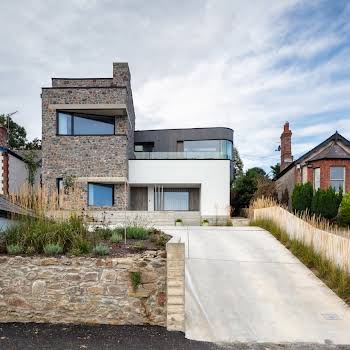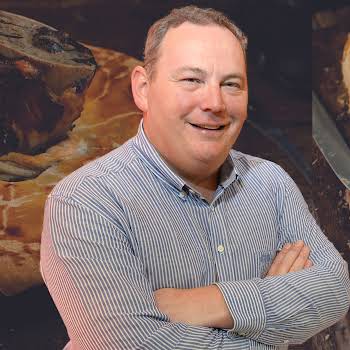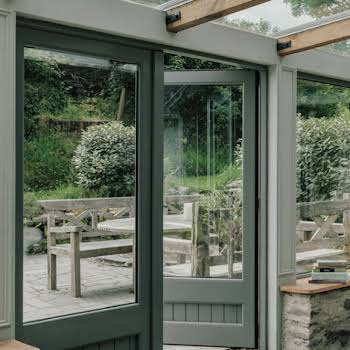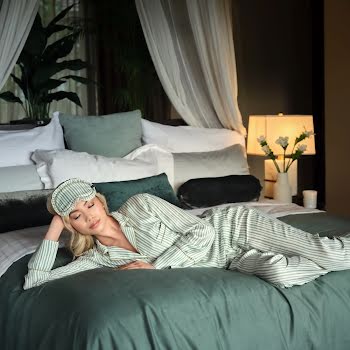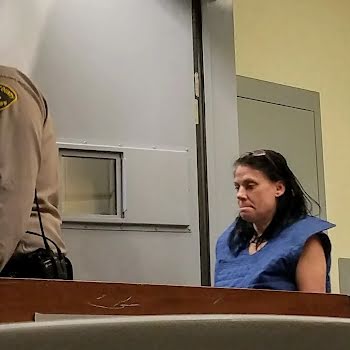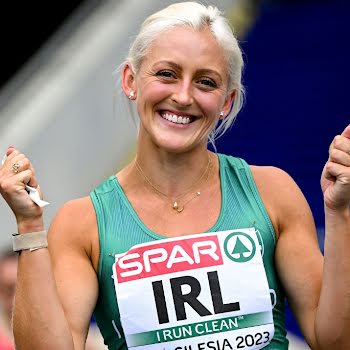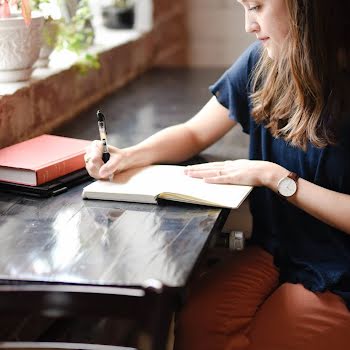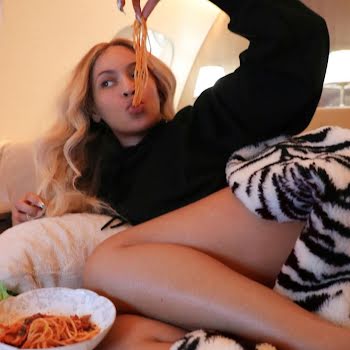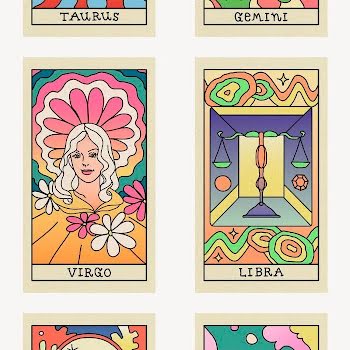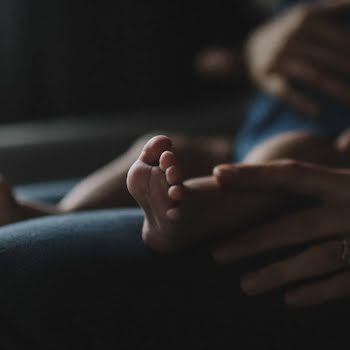‘At 21, I had stage 3 breast cancer’ – Lauren Barrett on why we all need to support Daffodil Day
The young Kerry woman shares her powerful story and why the work of the Irish Cancer Society was crucial to the success of her treatment.
Lauren Barrett was diagnosed with stage three breast cancer when she was only 21 years old. Her mum had been diagnosed with ovarian cancer when she was 16 so Lauren was already booked in for her genetic testing just before she found a lump in her breast. She ended up testing positive for the BRCA gene. Lauren is now 24, doing her PhD and thankfully doing well. Ahead of Daffodil Day tomorrow, she shares her thoughts on why we all need to be our own advocates when it comes to our health, and why the work of the Irish Cancer Society is so essential.
“The research carried out by the Irish Cancer Society saved my life.”
When I was 16, my mum was diagnosed with ovarian cancer. She went through treatment, and luckily all ended up being fine with her. So because of that positive outcome, I think my reaction to my own cancer diagnosis was probably different to most people’s. I never had that, “Oh my god, I’m gonna die” moment. It was a shock, though, simply because I was only 21. In my head, I was so healthy – I was training (I play Gaelic football), I was in college… I thought I was fine. It definitely didn’t hit me just how serious it was. I remember telling the doctor, “I have work in the morning, I have college in September – I don’t have time for this.” I was young and a bit naive to it all.
While the news did come as a shock because of my age, I was assured that my treatment would start as soon as possible and my doctor talked me through my treatment options. And so began my journey…
Because of my mother’s cancer, I had already booked myself in for genetic testing before I discovered a lump in my breast. I went in for my genetic tests and discovered I carried the BRCA mutation. Three days later, I received the results of my biopsy, which revealed I had triple-negative breast cancer and I was told I would need further scans to determine staging. I had PET scans, CT scans and I did a cycle of egg retrieval, which was offered because of my young age and the potential effect of chemotherapy on my fertility. I began my chemotherapy treatment on July 9, 2021. It lasted 20 weeks, ending on November 23, 2021.
I had a month off before going in for a sentinel lymph node biopsy to check if the cancer was still present in my lymph nodes. I opted not to have a full lymph node clearance due to the potential risks associated with the procedure and was booked in for a mastectomy in early January but then I got Covid, so that was delayed by a week and I ended up having a double mastectomy on the 17th of January 2022, followed by reconstructive surgery. It all went fine, but that put me out of action for a little while. After that, I had 15 sessions of radiation, which started on March 1 and finished on March 23. This week, it’ll be two full years since I finished cancer treatment, and I have a lot to be grateful for.
For those ten months though, my life was pretty much on hold. Because of the pandemic, and the fact I was immunocompromised, I couldn’t go to college or play football. I just finished my third-year exams and took a leave of absence. I was isolating but thanks to the fine weather that summer, I was able to meet people outside. However, I ended up spending my 22nd birthday in hospital getting IV fluids because I was getting migraines as a result of dehydration from the chemotherapy.
It was a crazy time. I think people didn’t really know what to do with Covid in the first place and then getting a cancer diagnosis in the middle of all of that was pretty wild, but I just tried to keep things as normal as possible and see people when I could and felt up to it.
Today, I’m thriving. I went back and did my final year in college and graduated in October with first-class honours in neuroscience and got accepted into a three-year PhD programme at University College Cork. I still have yearly check-ups and stuff like that, but I have no side effects or symptoms and I’m not on any treatments at the moment. So, life is as back to normal as it can be.
The research carried out by the Irish Cancer Society saved my life. Previously, it wasn’t known how to treat triple-negative breast cancer because there are no hormones involved. So without their research, I wouldn’t have had treatments in the first place. I also received some counselling through them and they even offered transport to and from treatments, which was really helpful as I’m based in Tralee. A lot of my treatments and scans were in Cork, and the genetic testing was in Dublin, so there was a lot of travel involved. Thankfully, I also had my parents who supported me throughout and drove me to appointments.
I am so grateful to the Irish Cancer Society for all the work they do. As a PhD student myself, I realise the importance of research. My field is Parkinson’s disease, but I know how crucial funding is to ensure that research is carried out. Plus, the fact that one in two of us will get cancer in our lifetime and it’s already affected my own family twice in five years, it’s an issue I truly believe we all need to pay more attention to.
I am living proof that early detection saves lives.
I am living proof that early detection saves lives. The mammogram screening age is 50 and I was just 21 when I was diagnosed, so the cancer wasn’t going to be found by anybody but me. For breast cancer, regular self-checks are so important. Had I not been doing self-checks and found a lump myself, I never would have gone further with it. And I did have a lot of setbacks in the beginning, trying to get a diagnosis, because of my age. When I went in initially, I was told I’d be put on the non-urgent public waiting list, which would have taken four months at that time. That was just because of my age. I was likely to have the BRCA mutation because of my mum’s ovarian cancer, and yet my case was still deemed not urgent. The fact that I knew my own body and knew this wasn’t normal gave me the confidence to push back. I went back to my GP and ended up going privately to get my diagnosis, but I was diagnosed as being stage three only three weeks later, so I didn’t have three months to wait.
It’s a scary reality but you are 100% the best advocate for your own body. The Irish Cancer Society does a lot to help with detection and trying to promote signs and symptoms and test screening. My cancer was genetic, so it’s unlikely many other people my age would experience what I went through, but in sharing my story, I hope to get other people who are in their 30s or 40s to realise that if I’m not too young to get cancer, they’re certainly not. I’m a huge advocate for self-checks because they can save your life.
The support the Irish Cancer Society provides, between counselling, transport, night nurses and cancer research, it’s just invaluable. Cancer is the most common cause of death in Ireland but because of the work that they’re doing now, there are more people surviving it than ever. Diagnoses that would have been death sentences years ago are now manageable and those cancers are treatable, and that’s only because of the work they do.
This Daffodil Day, the Irish Cancer Society is urging the public to Go All in Against Cancer.
The Irish Cancer Society’s Daffodil Day takes place Friday, March 22, 2024 and is asking Ireland to come together as a community and go all in. Visit cancer.ie to donate to help provide life-saving cancer research and support services.

